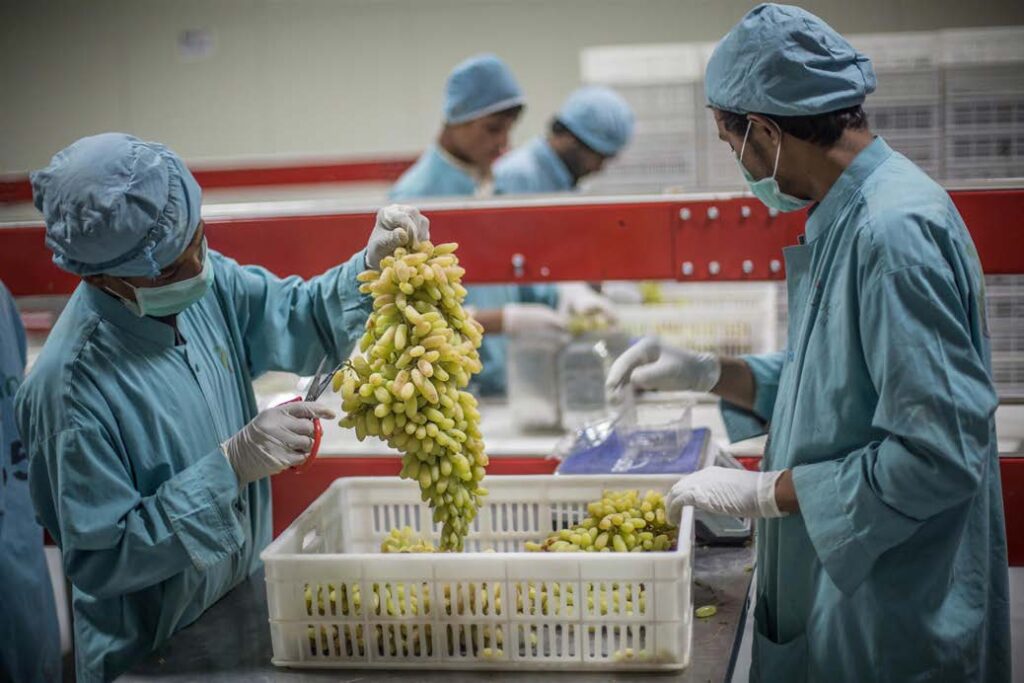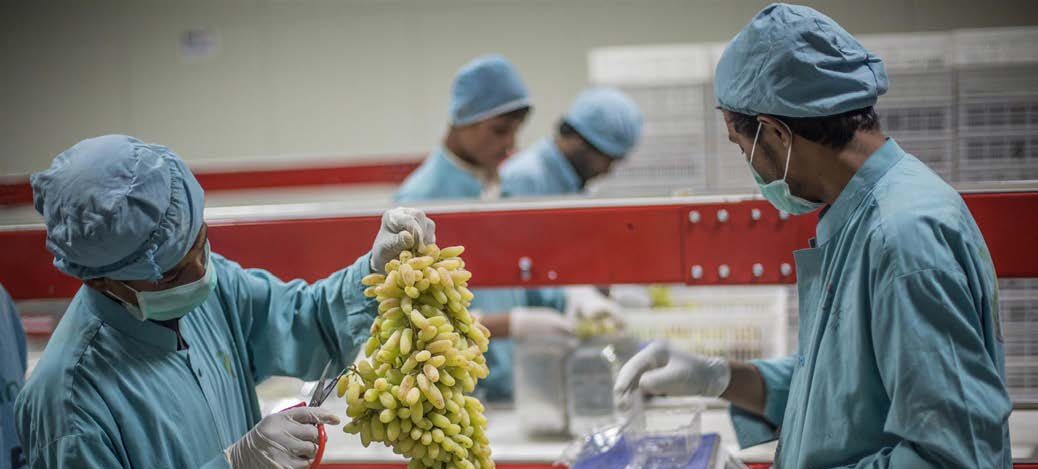A first-hand survey


Conducted and Contributed By the Afghanistan Center for Excellence (ACE)
BusinessDNA 10th Edition, Page 36 – 40
Like many other countries, the Afghan economy has been severely impacted by the COVID-19 pandemic and related restrictions since late March 2020. Micro, small and medium enterprises (MSMEs) have shouldered a particular heavy economic blow. However, until recently, there has been no attempt to capture the precise effect of COVID-19 on MSMEs in Afghanistan. In late May 2020, the Afghanistan Center for Excellence – a local management consulting firm based in Kabul – decided to measure the impact.
Specifically, the survey measured three areas:
- The impact of COVID-19 on Afghan MSMEs
- How MSMEs have reacted to cope with and adapt to the crisis
- Measures that could increase resilience in a post-COVID-19 economy
Sent to hundreds of Afghan MSMEs across the country, about 105 businesses responded.
The analysis presented in this article reflects the final responses of:
- 94 businesses, operating on all five regional hubs in Afghanistan including, Kabul, Mazar, Kandahar, Jalalabad, Herat, and internationally, ranging in size from.
- Sole enterprises to businesses with over 100 full-time employees, and ranging in age from
- 1 year in operation to over 10 years in operation, across 13 different sectors, including
Section 1: Introduction
Lesson 1: Women Remain Significantly Underrepresented in Senior Management Positions
Over 50% of businesses surveyed by ACE reported having less than 15% of women in senior management positions. With overwhelming levels of research now highlighting the numerous benefits to be derived from improving women’s integration in the workplace, including a 2015 McKinsey report indicating that the advancement of women’s equality in the workplace has the potential to add $12 trillion to the world’s GDP by 2025(1), Afghan MSMEs are missing out on the multiple opportunities associated with closing the gender gap at the management level.
Source:
Lesson 2: Younger Businesses Tend to Have More Women in Senior Management
While this survey’s general trend indicated that women remain significantly underrepresented, our assessment found that younger businesses are doing better at closing the gender gap at the organizational structure level. As displayed in the graph below, a staggering 72% of businesses trading for over 9 years had less than 15% of women in senior management positions. Meanwhile, only 25% of businesses in operation for 3 years or less had such a low representation of women in senior management. In contrast to this, only 21% of older businesses had 30% or more female representation in their senior management, while 47% of new businesses (3 or fewer years of operation) had 30% or more female representation in senior management.
Section 2: The Impact of COVID-19
Lesson 3: Afghan MSMEs are severely impacted by COVID-19
When asked to what extent the COVID-19 pandemic and related restrictions have affected business operations, the average score of respondents was 4 out of 5, with 1 being least affected and 5 being most affected.
Lesson 4:Younger Businesses are Less Affected
Our assessment demonstrates that the effect of COVID-19 on businesses differs according to age, sector, size, and levels of female representation at the management level. The graph below indicates that 1-3-year-old businesses rated the negative impact of COVID-19 as 72%. 7-9-year-old businesses and more than 9-year-old businesses rated the impact to be 92% and 86%, respectively.
Lesson 5: Women-owned Businesses are More Affected
Like business age, the impact on COVID-19 was also stronger for women-owned businesses than for male-owned businesses. The graph below demonstrates that businesses with 0 women in management positions rated the COVID-19 effect on their businesses as 72% on average, while women-owned businesses rated the COVID-19 effect on their businesses as 90% on average. The data displaying the negative effects of COVID-19 to MSMEs disaggregated by women in positions of management demonstrate the relative fragility of women-owned businesses. ACE has interpreted the data as an indication of the significantly greater challenges faced by female entrepreneurs, as opposed to being an indication of the inherent weakness of women-owned businesses. Such businesses are typically smaller, younger, and weaker than male-owned businesses due to a myriad of socio-cultural and economic factors, making them more vulnerable to crises like COVID-19.
Note: There was not a question on the assessment specifying whether businesses were women-owned or not. However, there was a question about the % of women in senior management (C-level) positions. Businesses who responded that there were more than 90% of women in C-level positions were categorized for the analysis as women-owned.
Lesson 6: Smaller Businesses are Less Affected
Like business age and women in management, the impact of COVID-19 was also weaker for smaller businesses than for larger ones. The graph below demonstrates that businesses with 1-9 employees rated the COVID-19 effect on their business as 74% on average, while businesses with 50-99 employees and 100 or more employees rated the COVID-19 effect on their business as 82% and 80% on average, respectively.
Lesson 7: The Impact Differs by Sector
Like the factors presented above, the effect of COVID-19 differed significantly by sector. The graph below demonstrates the average rating of the extent to which COVID-19 has impacted their business by sector, and shows that while businesses in the finance sector rated the effect as only 2.8 out of 5 on average, businesses in the fitness and health sector rated the effect 5 out of 5 on average, the strongest possible rating.
This likely relates to the ability of each sector to operate remotely/online. For example, finance, IT, media, and communications; and management consulting and legal, all sectors capable of working remotely to a large extent, report being less affected by COVID-19. Sectors such as restaurants, tourism and hospitality; agri-food processing; handicrafts and clothing; and fitness and health, all sectors which to a large extent, require working in physical space with clients or products, report being more affected.
Section 3: The Response to COVID-19
Lesson 8: The Most Common Response Has Been Temporarily Shutting Down Business
While the findings depicted above display the effects that COVID-19 has had on MSMEs, the graph below illuminates precisely how COVID-19 has affected businesses. The most common responses to this question were that COVID-19 has forced MSMEs to: temporarily shut down business (64%); reduce the number of clients (59%); reduce sales or projects (45%), and/or temporarily reduce the number of employees (40%).
Note: This question allowed respondents to check multiple option boxes, therefore the % is not out of 100, but rather represents the % of businesses surveyed who checked that box in addition to other options.
Lesson 9: For Businesses Who Remained Open, the Most Common Responses Have Been to Increase Business Development and Promote Online Sales
Businesses that have not temporarily shut down operations have employed diverse strategies to adapt to the pandemic-induced economic recession. Typical ways that many businesses responded to the crisis included increasing business development activities, altering their business development strategy (40%), and promoting online sales (37%).
Note: This question allowed respondents to check multiple option boxes, therefore the % is not out of 100, but rather represent the % of businesses surveyed who checked that box in addition to other options.





